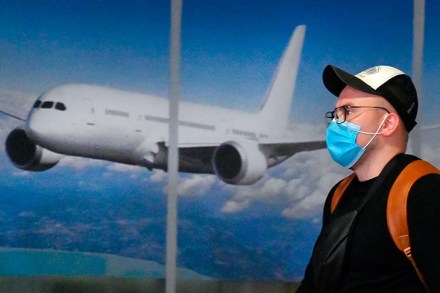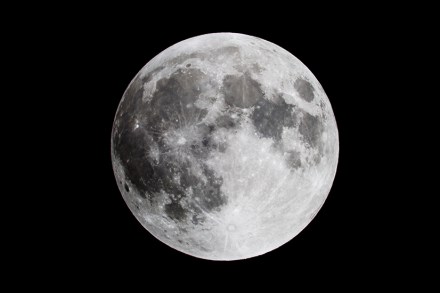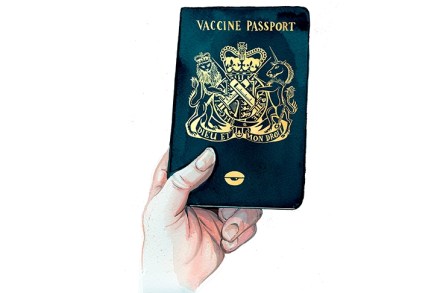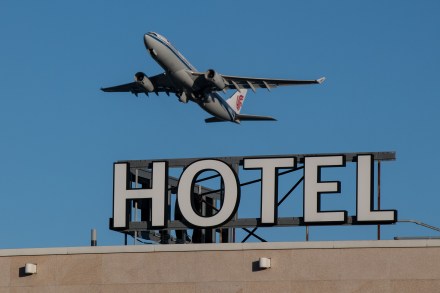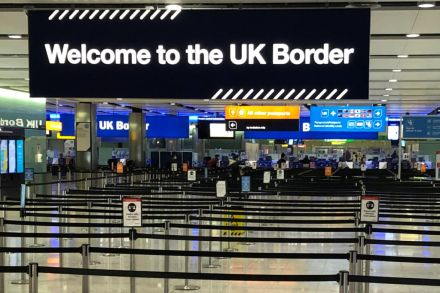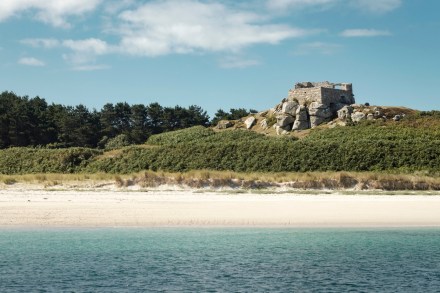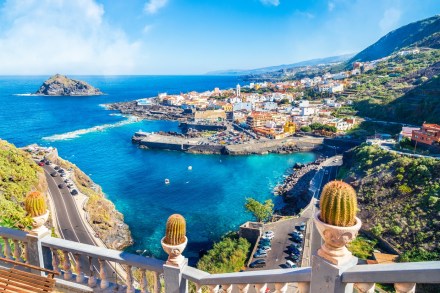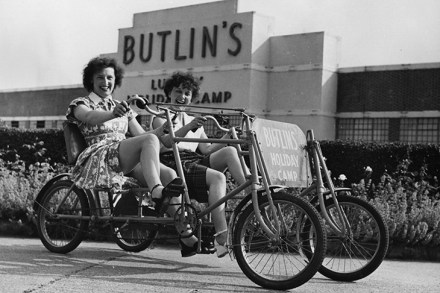Secret sea air: where to beat the crowds this summer
With foreign travel still a tricky prospect, it looks like being a bumper summer for the British seaside. And yet that means the most popular places are bound to get very busy indeed. To avoid the queues and traffic jams, I’ll be revisiting some of Britain’s less familiar seaside towns. Of course, these places are very familiar to folk who are lucky enough to live nearby, but they don’t attract the bumper crowds you get in big resorts like Blackpool or Skegness. Nor are they terribly fashionable, like Padstow or St Ives. Some of them are a bit offbeat, but they’re all places where I’ve had great days out. You’re




